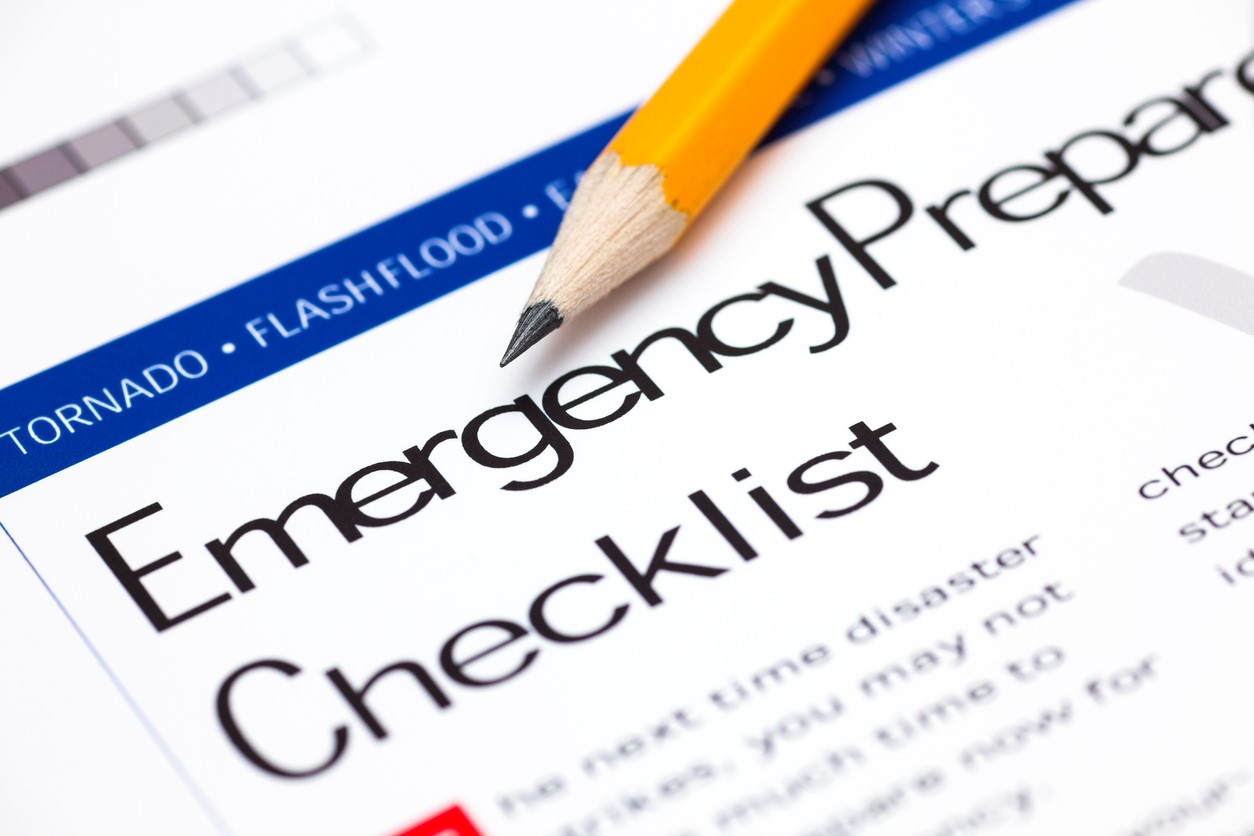An effective emergency response can save lives in your community. Here are some tips for putting together a thorough disaster plan
As we head into the summer months, it behooves all community managers and HOAs to review their emergency response plans. This time of year brings the threat of hurricanes, tornados, wildfires, and floods. Aside from “acts of God,” the community could also experience a fire or man-made disaster. Sadly, communities across the country must also be prepared to respond to violence and threats. Creating a disaster plan is essential. VendorSmart℠ offers this guide to help keep communities safe.
Common disasters that threaten community associations
Natural or man-made disasters can threaten planned communities, condominiums, single-family homes, and townhouses alike. These hazards might be isolated to just the residents or affect the entire county or state.
Common natural disasters:
- Earthquakes
- Storms (hurricanes, tornados, blizzards)
- Fire
- Flood
Common man-made disasters:
- Chemical/gas spill
- Explosion
- Mass casualty incident (active shooter or terrorism)
- Building failure or collapse
Natural disasters: hurricanes, tornados, and floods
No matter what part of the country the HOA is in, few can escape natural disasters. The summer months are especially destructive. Hurricane season begins June 1, impacting communities all along the east coast and the Gulf states. Tornados are a threat across the country, as are wildfires and flooding.
Look at these statistics:
- About 1.2 million people live in coastal areas at risk of a hurricane.
- Hurricane damage costs an average of $28 billion a year.
- There were nearly 1,000 tornados in 2018
- California suffered about $400 billion in damages from wildfires in 2018.
- More than 50 million wildfires burned 8.8 million acres in 2018.
The above are all reasons a community manager or HOA needs to have a natural disaster response plan ready.
Creating an emergency response plan
An emergency response plan can help save lives. Being prepared means the HOA will be ready to spring into action and take steps to protect residents and the property. As stated by Ready.gov, “The actions taken in the initial minutes of an emergency are critical.”
Steps to create your plan
1. Conduct a risk assessment
One of the first things an association should do is conduct a risk assessment. This will give managers an idea of the type of emergencies the community could experience.
The assessment should identify:
- Potential hazards (fire, natural disaster, man-made disaster, utility outage, accidents, etc.).
- Assets at risk (people, property, systems/equipment, IT, etc.).
- Potential impacts (casualties, property damage, interruption of utilities/services, financial loss, etc.).
2. Develop a list of emergency contacts
Communication is key in an emergency. The HOA should collect contact information of everyone who needs to be included in a response, such as board members, the community manager, the property-management company, residents, vendors, and service providers. The list should include contact information organized by residence rather than by name, and alternative emergency contact info. It’s also a good idea to put the list on the cloud so all board members and other relevant parties can access it.
3. Answer some important questions
ECHO (Educational Community for Homeowners) has put together a list of questions an emergency response plan should answer.
- How will the HOA respond before, during and after a disaster?
- How will the community manager respond before, during and after?
- What are the responsibilities/roles of each board member?
- What role will the community manager play? Does he/she have experience with disaster response?
- What role will the management company play? Does it have an emergency response plan in place?
- Will the manager or management company be available before, during and after?
- What resources will be available to help with response and recovery?
- How do the current HOA rules and regulations impact response and recovery?
- What is the response plan for each type of emergency?
- When will the plan be activated?
- How will board members communicate?
- How will the insurance company be involved?
- What happens if certain areas or units are uninhabitable?
- When can residents return to the property or units?
- How will property assessments or safety inspections be conducted? Who will conduct such assessments?
- How will the HOA pay for repairs? Will additional expenditures or allowances be needed?
Emergencies can happen at any time. How you respond will help save lives and property. If you need vendor support during an emergency or you need to find a vendor to make repairs afterward, VendorSmart℠ can help. Contact us today.
